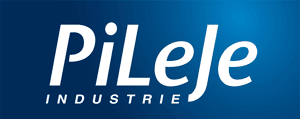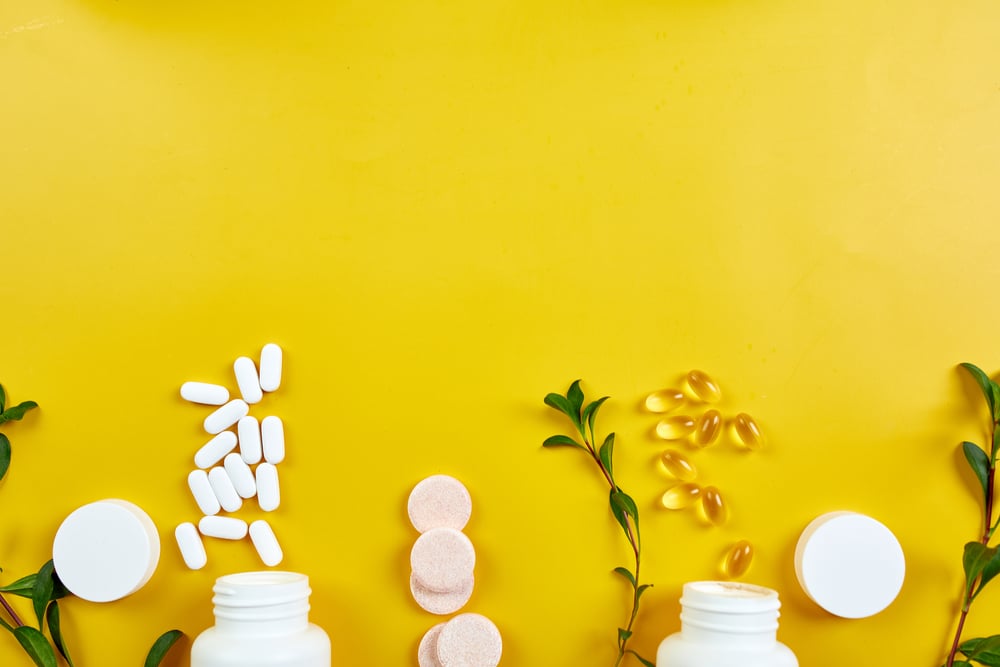In 2020 the dietary supplement market was still growing strong. With the sanitary crisis we saw changes in consumption habits. So what are the current trends of the market?
Focus on the dietary supplement market in 2020 and the promises that are successful
With growth of 2% in one year, the turnover of the dietary supplement market arrived at over the 2 billion euro mark in 2020.[1]
A figure that is a result of the different promises of these products. With the sanitary crisis we witnessed in particular an explosion of products promising vitality and immunity. This is not surprising given that consumers are looking to boost their health. For example, sales linked with this promise increased by 22% in chemists and by 18% in organic shops.
To learn more about the immunity and vitality markets, click here.
On the other hand, the promises linked to slimming have been less successful than before. We can indeed see a tendency to accept ourselves as we are, and to rebalance our diet rather than go on drastic diets and a soaring increase in the consideration of physical activity. In this way sales of products with these promises have dropped by 15% in chemists and in organic shops and by 21% in pharmacy-led health and beauty retailers. The same goes for products with sun-related promises whose sales have dropped by 14% in chemists, 20% in supermarkets and by 29% in pharmacy-led health and beauty retailers. A logical decline given the uncertainty of the summer 2020.
So what are these consumers who are more drawn to immunity than slimming?
In 2020, dietary supplement consumers were mainly women (25%), young (28% between 35 and 49) and active (70%)[2].
For half of the consumers, purchasing dietary supplements was triggered upon advice from a health professional. But today they are also convinced by advertising (43%) and on-line communications (42%). Digital transition is happening!
Distribution channels: the progression of e-commerce
The leading channel still remains the chemist without any surprise. Indeed, 3 users out of 5 choose to buy their dietary supplements there2. Moreover chemists constitute half of the market share. Organic shops (11%) follow next and then direct sales (11%) and supermarkets (9%). On the contrary, some channels saw their global sales diminish. It is particularly the case of pharmacy-led health and beauty retailers who are showing a decrease of -11%. This decrease is explained in particular by low numbers visiting shopping malls this last year.
However, there has been a clear increase in digital channels and more specifically e-shopping. The turnover of this channel increased by 30% in one year1! This ‘boom’ is due to the evolution of consumers’ needs: they are seeking more practical ways to shop. With the crisis, they are moving towards home delivery solutions for example to limit physical contact and therefore reduce contamination risks. Since March 2020, 35% of consumers have bought their dietary supplements on a website2. A logical evolution towards digital channels also linked with the emergence of DNVBs (Digital Native Vertical Brands) which are developed solely through the use of digital presence (social media, influencer marketing, etc.) and that are shaping the new face of the dietary supplement market and how they are distributed.
Covid-19: evolution of trends
Consumers’ expectations have evolved with the sanitary crisis. Today, their expectations regarding the benefits of dietary supplements are based on immunity, sleep and stress2. And consumers have no doubts about the effectiveness of these supplements. Indeed, almost 80% of them think that they can help them to confront the crisis.
The current trends are also strengthening some choice criteria. With the rise of naturalness for example, the importance of a natural appearance has increased for 3/4 of the users. They are also on the lookout for local products: 50% of users are careful about where the product comes from, i.e. that the product is made in France with French ingredients. Then, 2/3 of them attach importance to the ingredients and the price.
Despite the crisis, consumers of dietary supplements remain mostly loyal to their habits (63%). For 57% of users, the crisis did not incite them to take new dietary supplements. But for 30% of them their consumption increased.
PiLeJe Industrie supports you in your projects
Would you like to earn a better position on the dynamic dietary supplement market? If so, PiLeJe Industrie offers you personalised support in order to help you to develop and manufacture new products.
In order to do so, we put our craftsmanship and our expertise at the service of innovation.
Trust us! We have in-depth knowledge of the market and of plants, we strive for efficiency and performance to keep you satisfied.
Thanks to our Quality Policy, we certify the safety and high quality of our products.
>> Contact us directly for further information by clicking here.

